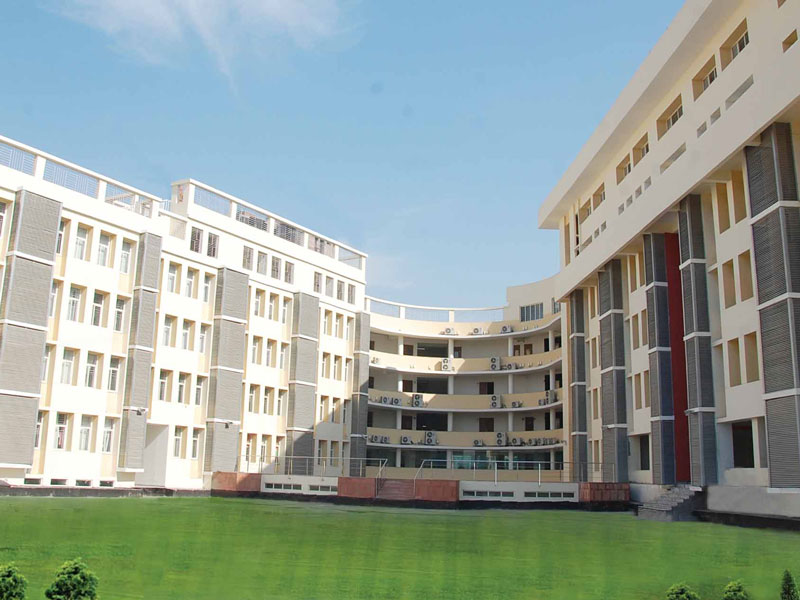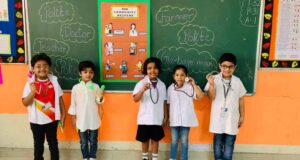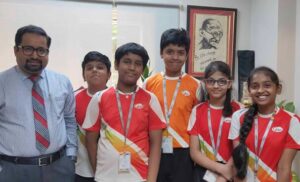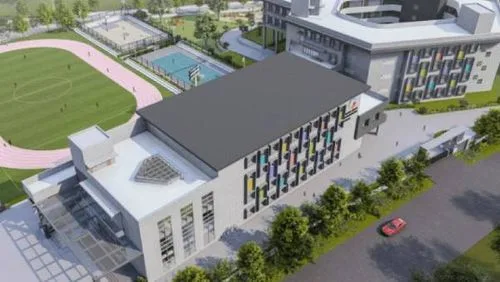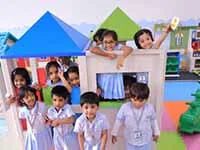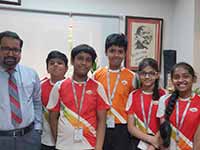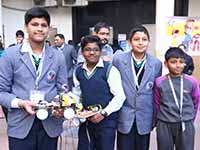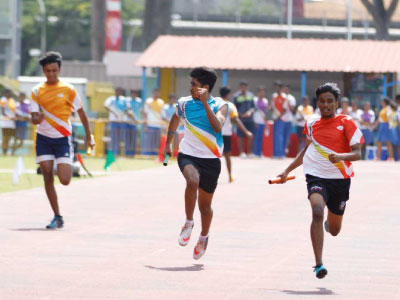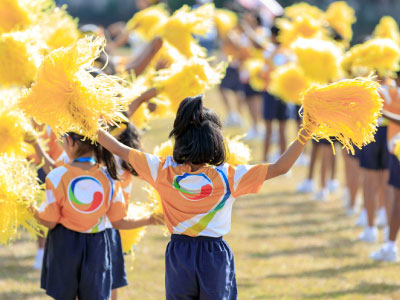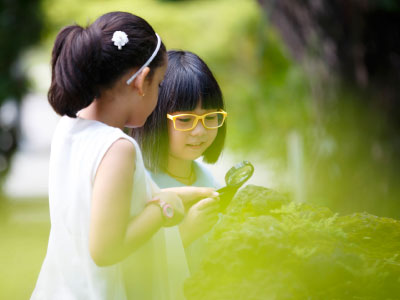Download our FREE Academic Calendar now! 📚 Start your child’s journey to success.
Have you ever wondered what exactly is taught in a play school or how the curriculum of a preschool is designed? Well, there is no curriculum for preschool. As the name suggests, playschool is a place where children play all day and learn everything while playing.
A child’s early years are the most crucial ones for their overall development. A good preschool contributes to the holistic development of a child by building various skills through play. While there is no curriculum-in-a-box for preschools, there are some skills and abilities that every preschool must instill in children using different fun and creative approaches.
When it comes to finding that perfect preschool in Noida, don’t look beyond Global Indian International school in Noida as it is one of the best schools in the area. GIIS Noida preschool offers a well-rounded education through a balance of free play and well-planned, teacher-guided play.
Below mentioned are some of the skills and abilities that your child will develop during their time at GIIS Noida preschool:
1. Gross Motor and Fine Motor Skills
The development of gross motor skills – the big muscles of the body – is the first step in physical development. Your child will be constantly moving at preschool as movement is required for all other learnings. Movement is the most critical skill to develop first in the early years.
Similarly, the development of small muscles of the body are known as fine motor skills, which is important for learning how to write and perform other everyday tasks. Some of the examples are: skipping, hopping, throwing and catching the ball, running, drawing, painting, moulding playdough, cutting and pasting.
2. Early Mathematical Concepts
Foundation of Mathematics begins from preschool. Children are taught counting numbers (up to 20), counting objects, shapes, sorting and classifying. These concepts are taught in the most fun way possible like playing with water, building with blocks or art and craft.
3. Early Science Concepts
Preschool education allows children to interact with the environment and nature. During these interactions, they learn and understand science too. The most basic concept taught while playing in sand is about the properties of water.
For example, water makes sand heavier, salt dissolves in water, water is a liquid as it pours, water can take the shape of the container. These early science concepts make the child sharper and inquisitive.
4. Memory
Memory, one of the most important skills that is utilised life-long, is sharpened in playschool. Games like Chinese Whispers, wherein kids stand in a big circle and say a word while also repeating everything that the previous kids said. Such activities sharpen the memory and enhance the learning process.
5. Language and Vocabulary
A child’s vocabulary is enhanced in preschool as they learn to speak different words, learn the meaning of multiple words and start forming sentences. Your child will learn something new each day in terms of language and vocabulary. This is taught by singing rhymes, playing alone or with classmates, having circle discussions, and listening to stories.
6. Pre-Writing Skills
Pre-writing skills are basic requirements for learning to write. These include pencil grip, learning letters and their formation, crossing the midline, and learning to form patterns like zig-zags, waves etc. Pre-writing skills are one of the main focused skills during preschool learning.
7. Listening Skills
Listening is one of the most underdeveloped but important skills that is often skipped during preschool. But at Global Indian International school in Noida, teachers ensure that children develop listening skills too during preschool learning. Different activities that enhance listening skills are listening to stories, playing I Spy, musical activities, class discussions etc.
8. Pre-Reading Skills
Preschool teaches children all the necessary pre-reading skills that are required to read properly later in academic life. Most importantly, learning to read requires developing sound knowledge (auditory perception) and symbol knowledge (visual perception), which is also something that kids learn in preschool.
Pre-reading skills are instilled in children by playing rhyming games, playing word games or games involving hearing syllables, playing listening games and following instructions.
9. Social Skills
Today, social skills are very important to succeed. What could be better than developing social skills from the very beginning. Children at our Noida preschool are surrounded by not just other children but also adults and sometimes a bunch of parents too, this helps in interacting confidently and appropriately. Social skills are developed by sharing, cooperating, resolving conflicts, taking turns, and following rules.
Also Read: 7 Nursery Interview Questions and Answers
10. Creativity
Preschool is the best place for a child’s creative spark to bloom. Throughout the day, children have numerous opportunities to express themselves creatively, like during art and craft sessions, dancing and singing, drama, storytelling, playing games etc.
Conclusion
When children start going to preschool, they also learn to become independent, as they feel the need to do basic things on their own. Children learn to look after themselves, they become responsible, and try to be competent.
Although your child will learn all these skills at school, it is important that you practice and play with your child as much as possible to make them develop these skills. Parents are recommended to play creative and skill-enhancing games with their kids so as to make them better and quick learners.
This is by no means an exhaustive list, as your child is always learning new things, but it does provide a good overview of the skills that a preschool going child should possess. The list will also help you determine if your preferred preschool offers a skill-based learning programme or not.
Preschools that emphasise academics should be avoided. This is not developmentally appropriate, and as the list above shows, play is the most important thing during the early years of children.
Academic study at a young age is detrimental in the long run and diverts attention away from more vital subjects. Make an informed decision about your child’s preschool, as it’s not just about a school but about their future.

